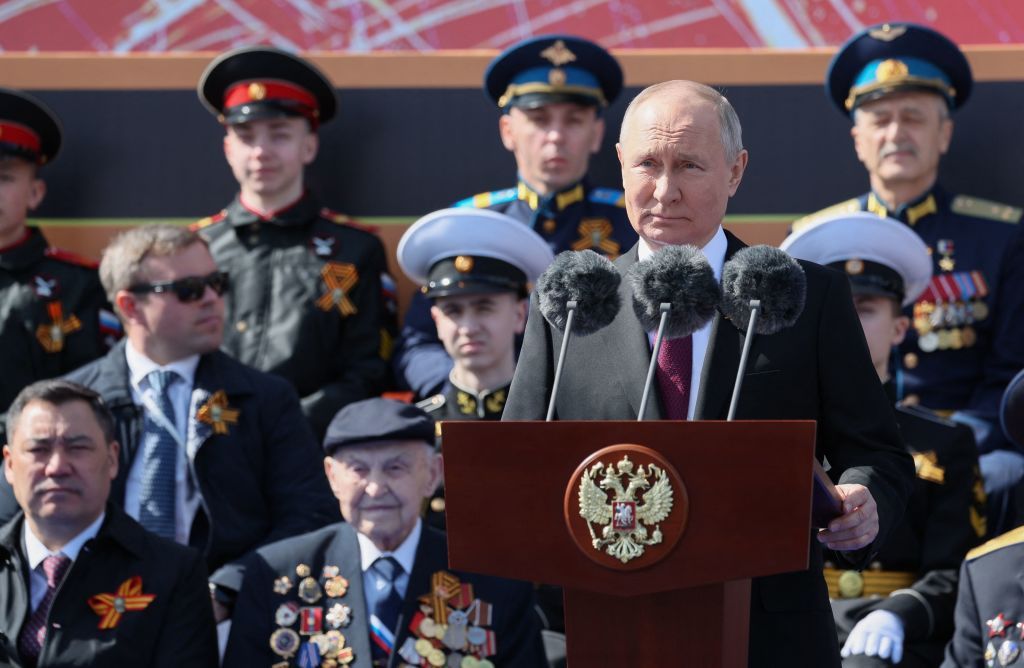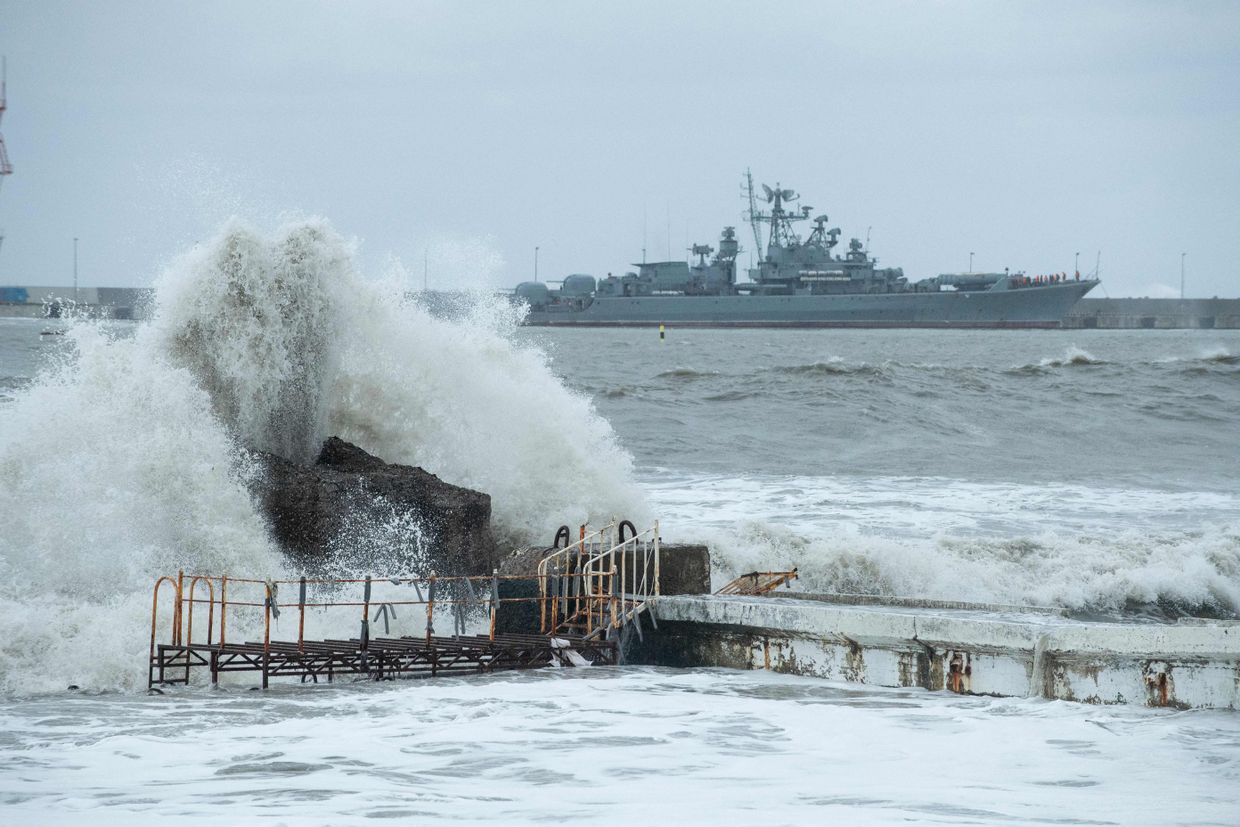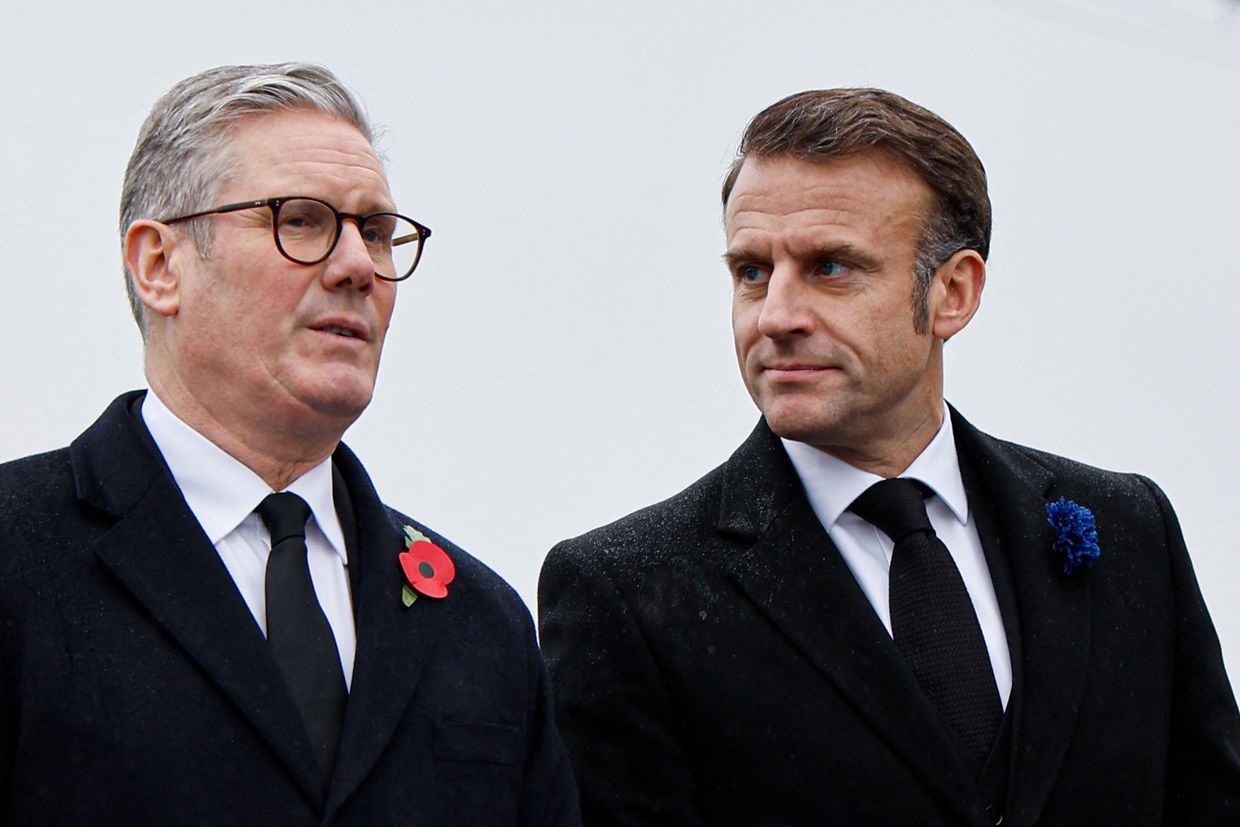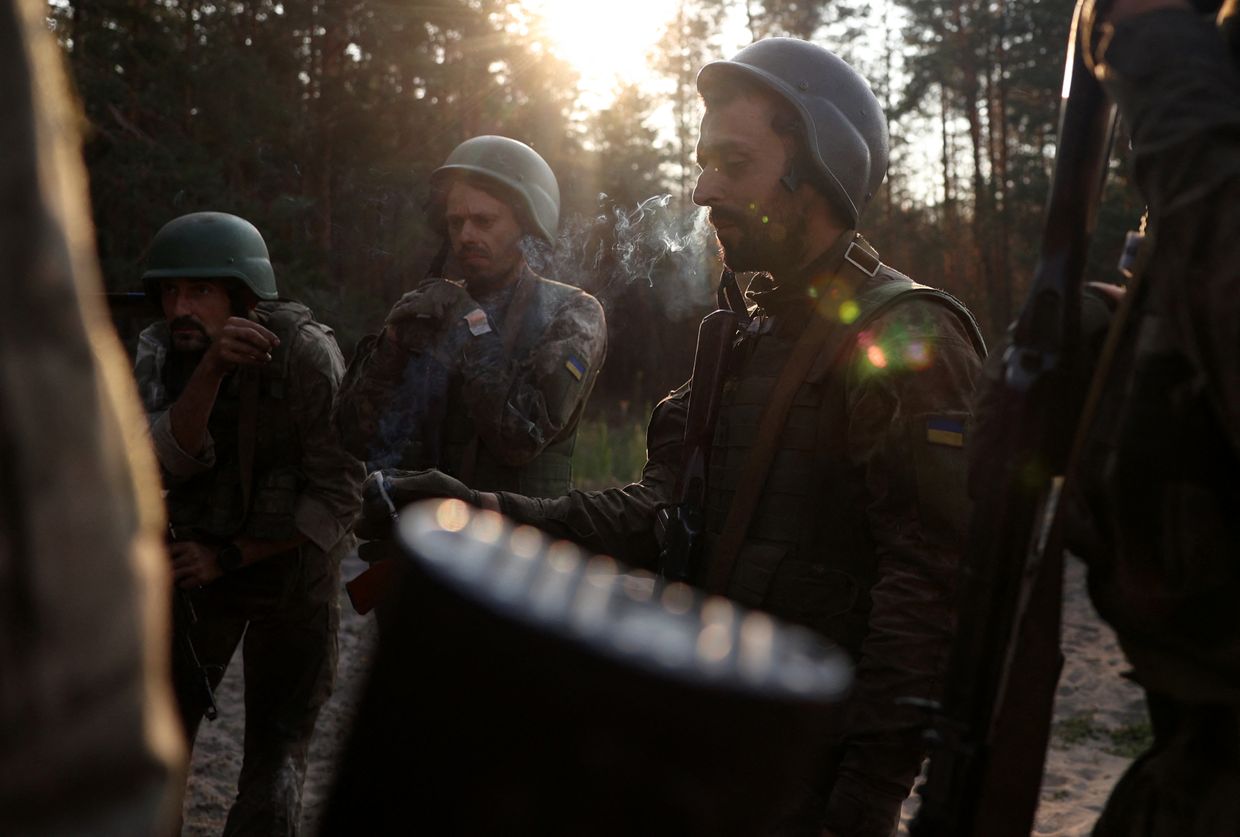Editor's Note: The Kyiv Independent is exclusively re-publishing an interview with Marci Shore prepared by Forum for Ukrainian Studies, a research publication for experts, practitioners, and academics to discuss, explore, reflect upon, develop, and transform international understanding of contemporary affairs in Ukraine. This platform is run by the Canadian Institute of Ukrainian Studies (CIUS) of the University of Alberta (Edmonton, Canada).
Dr. Marci Shore is an Associate Professor of History at Yale University. Her research focuses on the intellectual history of twentieth and twenty-first century Central and Eastern Europe.
CIUS: What does the Russo-Ukrainian war tell us about the nature of “evil” in the contemporary world? How should one understand social and political “evil” today?
Marci Shore: I would not put the word evil in scare quotes. Postmodernism has brought us not only a skepticism about the ontological reality of truth but also a skepticism about the ontological reality of evil. I appreciate many of the insights of postmodern philosophy. I am not, though, a skeptic about the existence of evil.
Twenty years ago, when I was teaching at Indiana University, the historian Tony Judt gave a lecture there. In reflecting upon 20th-century Europe he said, “We are unwise to laugh too quickly at those who describe the world as a conflict between good and evil. If you can’t use the word ‘evil,’ you have a real problem thinking about what happened in the world.” That has stayed with me.
Read the rest of the interview here.













